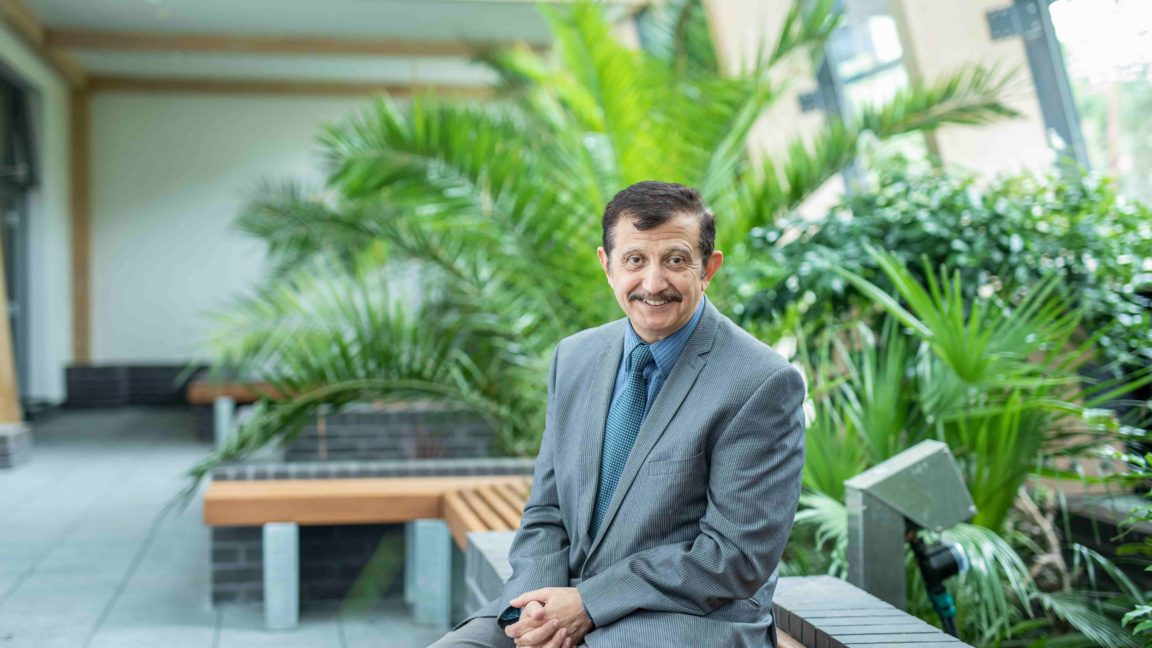A small grant provides substantial support
Our Proof of Market (PoM) grants allow researchers to address crucial, early-stage commercial questions. Coupled with advice and support from our Technology Innovation Managers (TIMS), they enabled one team of researchers at the University of Bradford to take some important first steps.
Professor Mohamed El-Tanani, in the University’s Institute of Cancer Therapeutics, is developing a blood test to determine the likelihood of breast cancer patients developing secondary tumours – known as metastasis – based on a biomarker discovered through his research. Simple, fast, low-cost and suitable for all breast cancer types, it would offer substantial advantages over the more expensive and complex genomic tests currently used by clinicians.
Professor El-Tanani found that one of the first questions potential investors asked about the technology related to regulatory approval, questions he – and Dr Jason Jones Commercial Manager at the Faculty of Life Sciences – found difficult to answer. They applied for a Grow MedTech PoM grant to fill this gap.
Specialist advice
The funding covered the costs of a specialist consultant, who provided a detailed report on the regulatory challenges involved in taking a test like this to market. This included quality assurance of manufacture and putting the latest In-Vitro Diagnostic (IVD) regulations into plain English, to provide clear steps to regulatory approval.
“We can now go into investor meetings with confidence and answer these key questions,” says Dr Jones. “To make a proposition like this attractive to investors, you need to show there can be low-cost market entry, with the infrastructure and quality procedures required kept as simple as possible.”
Making connections
Funding is only part of the support that the project has received from Grow MedTech. University of Bradford-based TIM, Kieran Perkins, has continually been on-hand to provide advice and useful contacts for the team. This has included an introduction to the National Institute for Health Research Leeds In Vitro Diagnostics Co-operative (NIHR Leeds MIC) and clinicians at Bradford Royal Infirmary.
“An important part of the Grow MedTech approach is to make those connections with other areas of expertise or knowledge that are needed for translational work, but that may be unfamiliar to some academics,” says Kieran.
Professor El-Tanani agrees: “Developing a clinical technology has to take into account the opinion of patients and the NIHR Leeds MIC will help us do this, as they have active PPI groups. They’re also going to work with us on the health economics aspects, so we can quantify cost savings of the test to the NHS.”
The close working relationship between Kieran and the University’s commercialisation team has been as productive as the grant itself, welcome as the funding always is, according to Dr Jones:
“The concept of having Grow MedTech people with specialist expertise based in each University has worked really well at Bradford,” he says. “Having Kieran on hand to answer questions, provide advice and review grant applications has been invaluable.”

